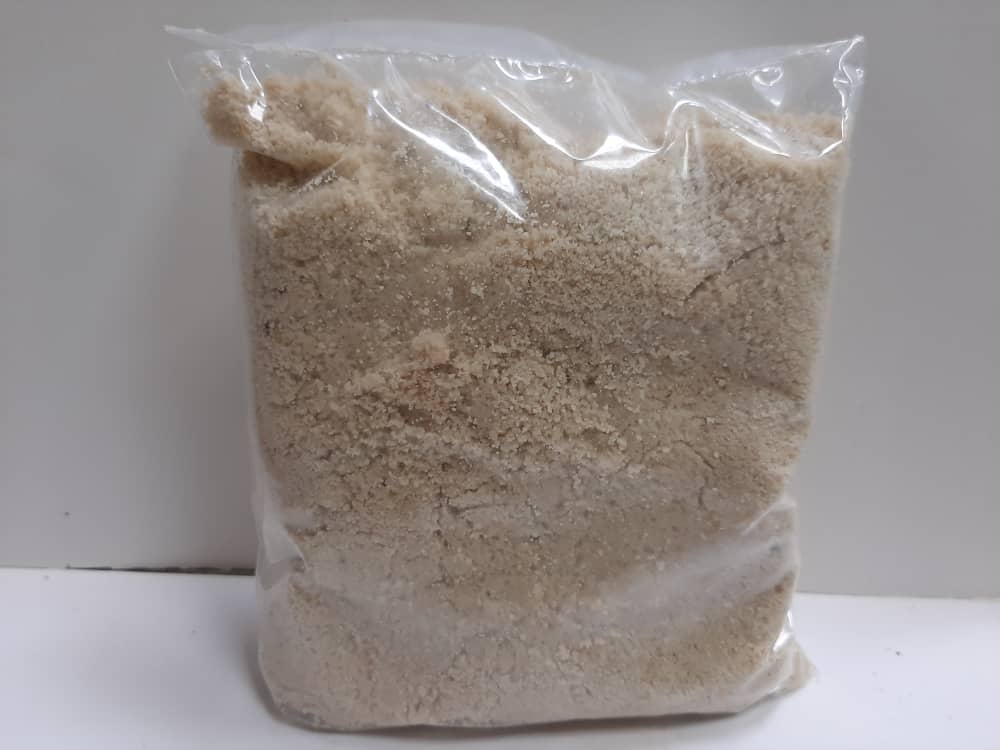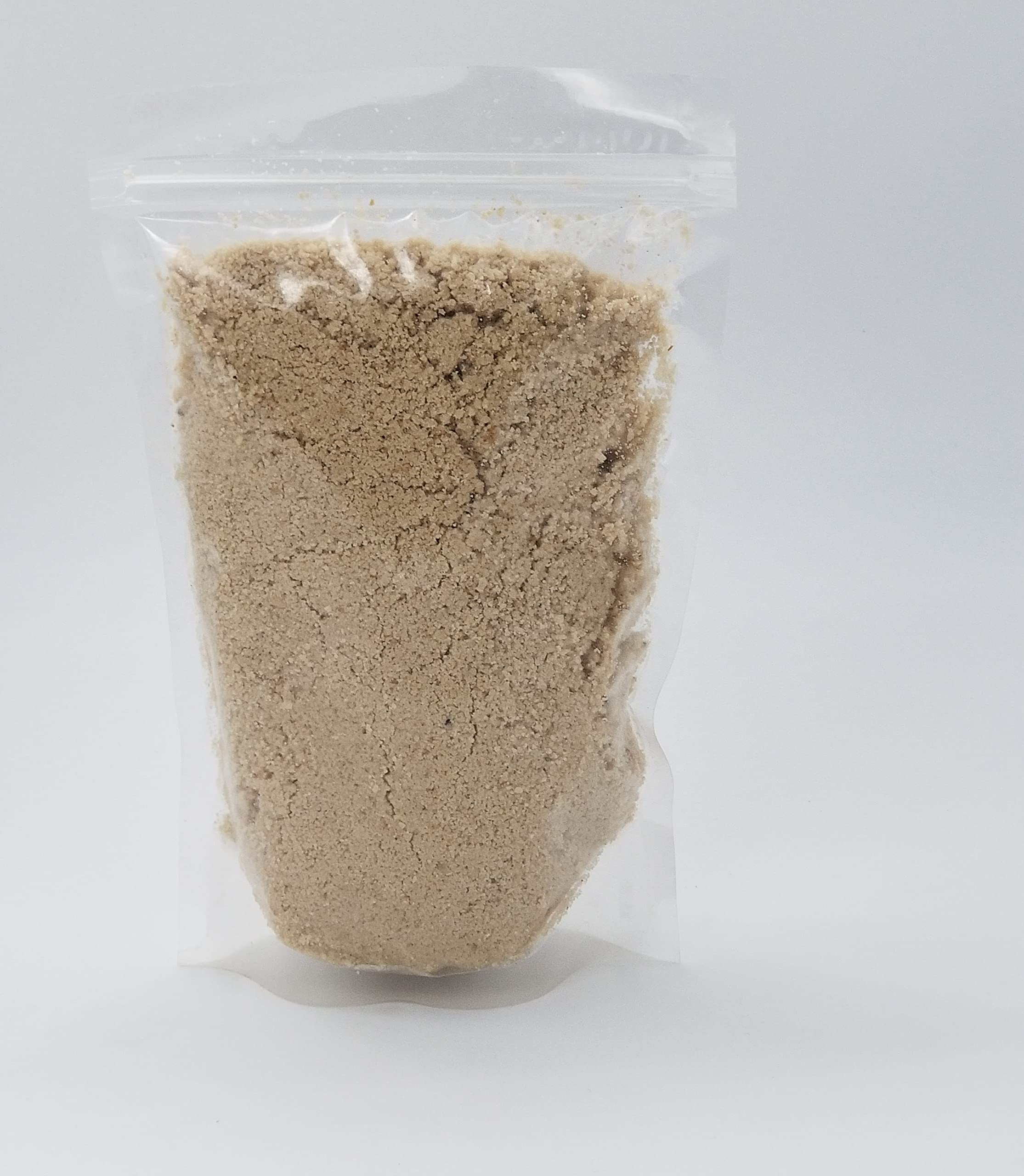Egusi, also known as melon seeds, is a popular ingredient in West African cuisine, particularly in Nigeria, Ghana, and Cameroon. The seeds are derived from the melon plant, which is similar to squash, pumpkin, or gourd.
Nutritional Value
Egusi seeds are highly nutritious, offering a rich source of:
- Proteins: Essential for muscle repair and growth.
- Fats: Predominantly unsaturated fats, which are heart-healthy.
- Carbohydrates: Provide energy.
- Vitamins: Includes vitamin A, B-complex, and vitamin C.
- Minerals: Contains magnesium, potassium, calcium, and iron.
- Fiber: Aids in digestion and promotes a healthy gut.
Culinary Uses
Egusi is a versatile ingredient in various dishes:
- Egusi Soup: A thick, hearty soup made with ground egusi seeds, vegetables (like spinach or bitterleaf), and often accompanied by meat or fish. It’s usually eaten with pounded yam, fufu, or other starchy sides.
- Stews: Egusi is sometimes added to tomato-based stews for a rich, nutty flavor and thicker consistency.
- Snacks: In some cultures, the seeds are roasted and enjoyed as a snack.
Health Benefits
- Heart Health: The unsaturated fats in egusi can help reduce bad cholesterol levels.
- Weight Management: High in protein and fiber, egusi can help in maintaining a healthy weight by promoting satiety.
- Bone Health: Rich in calcium and magnesium, egusi supports strong bones and teeth.
- Immune Support: The vitamins and minerals boost the immune system, aiding in the prevention of diseases.
GROUND EGUSI (MELON)
$22.00 – $97.00
Egusi is not just a food item but a cultural emblem and a nutritional powerhouse in West African cuisine. Its rich flavor and health benefits make it a cherished ingredient in many households.




